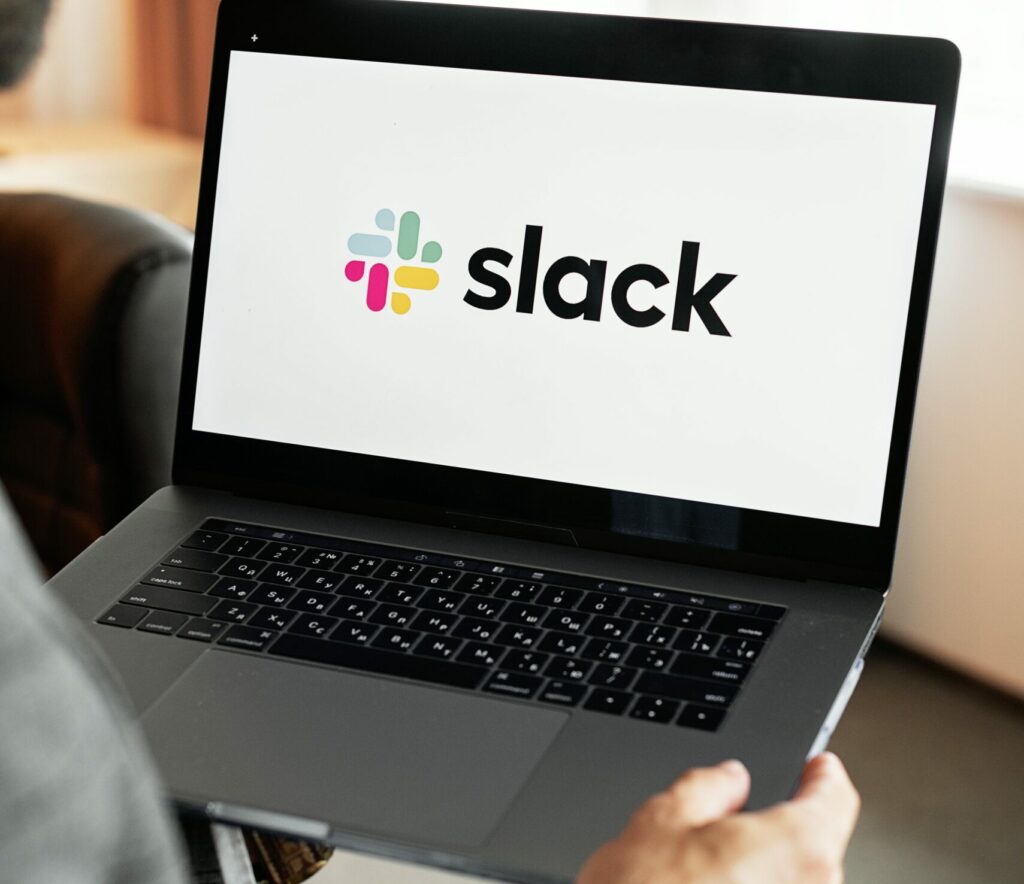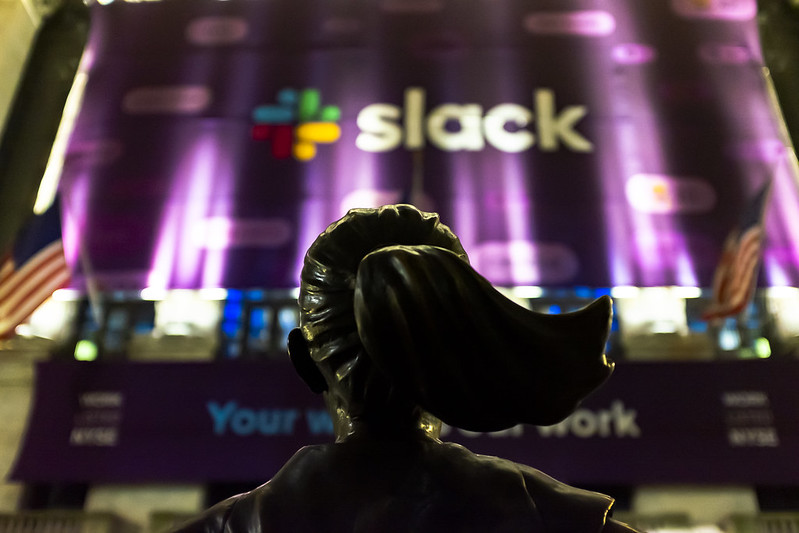Entrepreneurs are by their very nature built for uncertainty. Their businesses too are built to be agile and reactive and many swiftly adapted, pivoted and tweaked their businesses to cater for new challenges around people and work since lockdown.
In the last eight weeks we have seen a mass, dramatic and unprecedented movement of people in the workplace. From work to home. From employed to furloughed. And for some, employed to redundant.
At the same time, companies have had to balance an escalated focus on employee health with business sustainability and accelerating their digital agendas. People challenges associated with mass remote working have strained everyone but who better to provide the innovation needed to ensure both the near term and the new future of work are less disrupted than entrepreneurs?
Suddenly collaboration tools are the lifeblood of many businesses and the people who work in them
Some businesses are simply well placed for the change, such as Slack. British co-founder and CTO Cal Henderson told me they have seen a tremendous increase in demand. “All kinds of organisations that had previously relied on being in-person to collaborate are suddenly thrust into having to work remotely and are looking for tools like Slack to fill the gap. Working from home doesn’t have to mean work stops.” Suddenly collaboration tools are the lifeblood of many businesses and the people who work in them.
Beyond collaboration, knowing people digitally and intelligently has become even more essential. Work is about more than just working. Knowing who and where people are; what they want and need; how and when to engage; where to deliver these messages and tools; community and learning; that’s a tall order for technology.
In my business, we deal with the movement of people every day. Our software powers the alumni networks of large companies and focusses on post employee engagement; the move from employee to alumni. For us, giving alumni community and opportunity is part of the day job and organisations want an army of people to aid their recovery to hand. And with an upswell in unemployment, companies will no longer need external recruiters to fill jobs, how people hire will change and alumni is firmly on the people agenda.
But for some entrepreneurs, changing their business model wasn’t a choice. Location data and transport tech changed overnight with lockdown and for those companies, it was evolve – or die.
Pre-COVID, Zeelo was providing smart bus transport services for commuting, using data and technology to find and digitalise bus routes to connect people to work via sustainable transport. As lockdown took hold, and the movement of people changed overnight, they pivoted to providing safe bus transport services for critical workers, adapting their technology to enforce onboard social distancing and allow for contact tracing.
Now they are seeing increased interest from companies thinking about how they reopen their sites safely when they are keen to keep their staff off public transport and given not everyone has access to a car or can cycle or walk, particularly those who work in industrial locations. Founder, Sam Ryan, spotted that “companies need to step in and take control of how their staff get to work safely knowing they need to provide a safe and sustainable commute with robust technology to manage that.” People have lost trust in public transport and not everyone can drive or cycle to work – or afford a taxi.
Entrepreneurs’ blood runs rich with confidence, determination, a predisposition to adapt to change and a strong purpose
Screen Moguls helps companies make decisions based on their behaviour profiles combined with real-world location. With lockdown, location data nosedived and decision-making based on how people behave when they move has no real market. Cinemas were no longer targeting specific audiences for film releases and struggling retailers pulled back on advertising spend overnight.
As lockdown came into effect, small businesses and in particular retail and entertainment were going to struggle to survive and digital media channels were the only ways of staying in contact with customers. Screen Moguls responded by developing a platform to simplify the process of running campaigns on digital media channels and allow independent businesses the same access to the same targeted audiences that they typically provided to their bigger customers.
Of course many small retail and entertainment businesses don’t have access to the tools or experience that their bigger counterparts have to help them survive. Co-founder Jess Carlin told me: “What we’re trying to do is give them these tools and remove roadblocks so they can compete on a level playing field.” And in doing that, they created a new, much needed revenue stream.
And for others, this environment has led to business booming. Ed-Tech is one such vertical that has seen a surge in business. With Totaljobs’ research showing that workers are reassessing their career plans, with 70 percent now more likely to consider working in a different industry as a direct consequence of COVID-19 and nearly half wanting to change industry to strike a better work-life balance.
Before the pandemic it had been widely reported that there are skills gaps that graduates entering the workplace don’t always have and employers expect. Jobs for life rarely exist anymore so people need to reskill and upskill in order to meet the requirements of today’s workplace.
Lockdown has seen micro-credential courses surge with businesses like FutureLearn, 50 percent owned by The Open University, seeing traffic and enrolments to courses increase by some four times from pre-COVID levels – and they are still increasing.
Entrepreneurs’ blood runs rich with confidence, determination, a predisposition to adapt to change and a strong purpose – that being survival. No doubt despite the vast challenges that COVID presents in forcibly shifting vast numbers of people, innovative ideas will flow and the best of the problem solving technology is yet to come.




